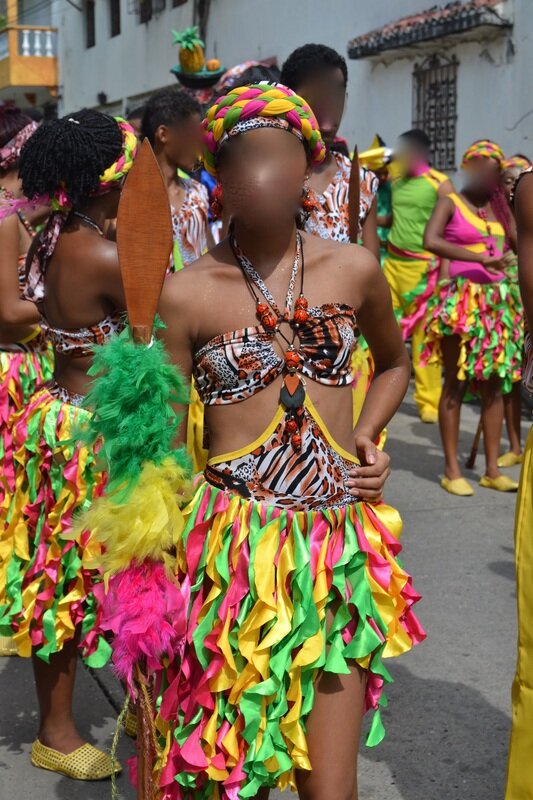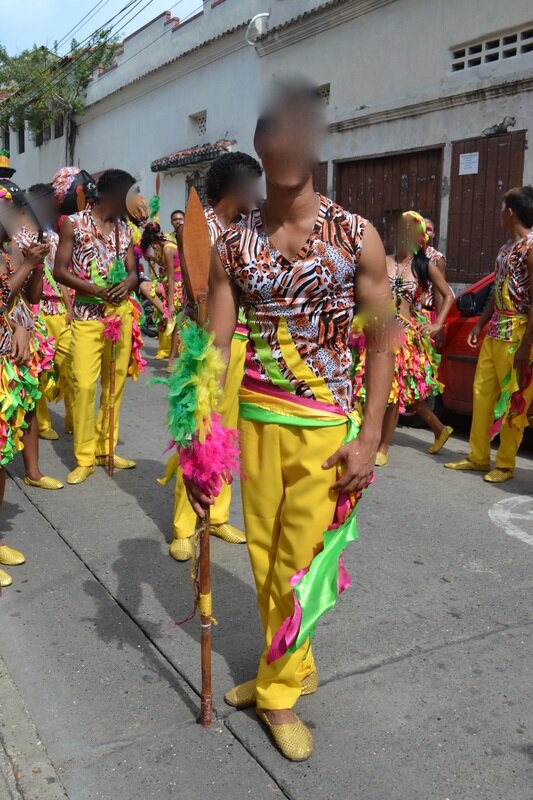Africa Through the Latin American Lens
Reflections on representations and perceptions of the African continent in Latin America
by Melissa M. Valle
El Festival Internacional de Cine de Cartagena de Indias (FICCI) has just ended here in Cartagena, Colombia. It was an incredible opportunity to enjoy some cinematic gems from around the world (PELO MALO from Venezuela is excellent! - https://www.youtube.com/watch?v=lxOZtOyNkTQ). I recently watched La Grande Belleza, an Italian film that deservedly garnered a number of awards last year (https://www.youtube.com/watch?v=BGMabmo2XQI). Truly a thought-provoking, visually beautiful work of art. But oftentimes what’s most captivating about a film is the audience’s response to it. There was one scene where a Mother Teresa- saint like character was supposed to be visiting Rome. Religious figures from around the world gathered to greet her and the camera cuts to a white nun staring at a man whom we are supposed to assume is African. Well, the (primarily Afro-descendant youth) audience I was surrounded by just found that hilarious. But not more hilarious than when the larger group of Africans was taking a photo with “the saint.” That’s when the audience really had a good, hard laugh. Nothing like images of Africans wearing what people believe is the “traditional” dress to add comic relief to any program.
There is another quite strategic use of representations of African people: to invoke fear. I watched the movie Default - http://www.youtube.com/watch?v=W8B_kvqmAmo as part of the film festival as well and within moments of watching it I began to cringe. It starts with fictitious news coverage of Somali “pirates” and the reporter says something to the effect of questioning “the making of the modern African criminal.” What, pray tell, is that? We’re talking about the second largest continent in the world (NOT A COUNTRY!). Replace any other continent with Africa and it would sound ludicrous to most. Yet these kinds of statements are made regularly and go uninterrogated.
I have been collecting data for my dissertation in Cartagena for the last seven months (10 months over the course of the last 2.5 years). What has become patently clear is that, like most of the world, there is a very limited understanding of Africa here in Cartagena. Thanks to a history or colonialism, slavery and the media (both national and international), Africa is viewed as being nothing more than a place of primitivity and violence. I watched four different independence parades in Cartagena in November with “Africanness” represented repeatedly by animal prints and spears (see below). When asked why the participants were dressed as they were, the director of one group told me, “to represent the African fantasy.” Oh your fantasy of Africa you must mean.
I’ve watched blackface performances, replete with red lips, “cooning” faces, exaggerated clown-like bodily movements, the whole nine yards. And when I asked one performer (see below) why he was making such faces his response was that they represent “African violence.” Again, what, pray tell, is that?!? At a minimum if they were talking about African warriors and attempting to bring some dignity to a painful history of struggle, that would be one thing. But these crude representations are nothing but mockery and a perpetuation of dangerous stereotypes, no matter how many ways you attempt to slice it.
Photo by Melissa M. Valle
So here we are watching an entire film about the African criminal and the white victim. Yes, they made pitiful attempts to make it more critical, but at the end of the day the damage was done and you simply had the violent Africans (in spite of trying to give one character cause and depth), the Black woman servant, and the white victims of the African violence. In that auditorium I could almost feel as the idea of the African as a violent criminal got solidified in the minds of the audience. In La Grande Belleza the principle character, Jep, during an interview with an artist asks her to explain something and she says “I’m an artist. I don’t have to explain jack shit.” This license to create without consciousness or criticism is highly polemic. But images, particularly through cinema, have a way of entering the psyche and the consciousness of people. Representation matters. So how do we work to deconstruct and alter this African fantasy and move beyond “Africanness” as something to be feared or mocked (and can’t forget the third part of the misrepresentation trifecta, sexualized)?



